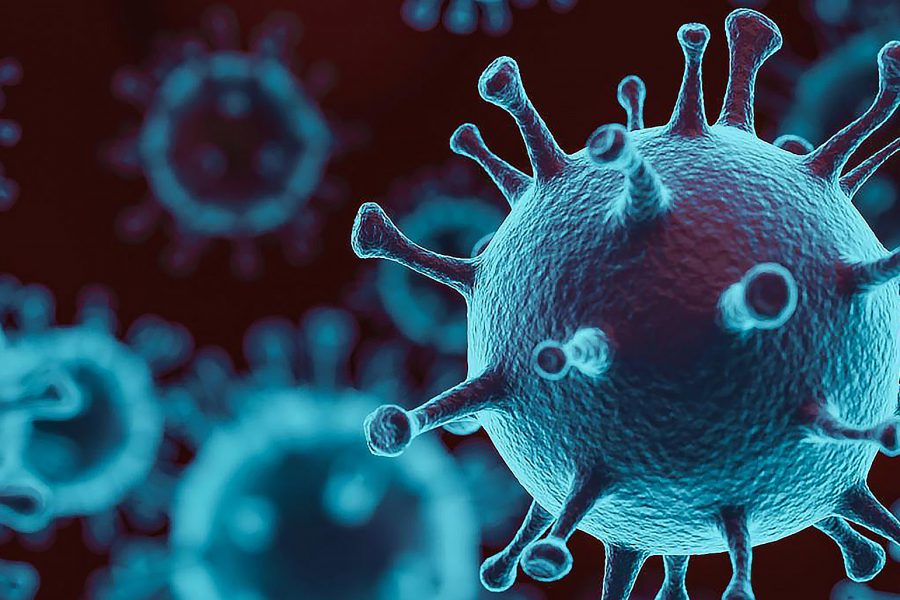Volunteers at five military medical facilities across the U.S. will become part of the Phase III trial to vet biopharmaceutical giant AstraZeneca’s coronavirus vaccine, the Pentagon announced Sept. 3.
Naval Medical Center San Diego, Calif.,; Joint Base San Antonio’s Brooke Army Medical Center and Wilford Hall Ambulatory Surgical Center in Texas; Walter Reed National Military Medical Center, Md.; and Fort Belvoir Community Hospital, Va., will take part.
“The Department of Defense continues to play a key role in the development of a potential COVID-19 vaccine,” Assistant Secretary of Defense for Health Affairs Thomas McCaffery said in the release. “Now that vaccines have passed the first phases of testing for safety, dosing, and response, we are ready to move into the next phase where volunteers are needed to join large clinical studies. We are excited to have several sites identified to support the next steps in the vaccine development process.”
The Defense Department put out a call for essential workers like health care and emergency response personnel, grocery and restaurant employees, and others who are more exposed to the virus through their jobs. The study is also looking for people who live in densely populated areas, live or work in correctional facilities or nursing homes, and those whose communities are hardest-hit by the virus because of age, underlying health conditions, or race.
Vaccine trial coordinators in those areas will reach out to volunteers who are beneficiaries of the Military Health System and are a good match for the study, DOD said. People looking to volunteer can sign up at www.CoronavirusPreventionNetwork.org.
United Kingdom-based AstraZeneca is seeking about 30,000 adults at 80 American sites to determine if its vaccine can prevent COVID-19, according to the National Institutes of Health. It is part of Operation Warp Speed, the multiagency push to develop and distribute a safe coronavirus vaccine and therapeutics by January 2021.
Oxford University’s Jenner Institute and the Oxford Vaccine Group developed the vaccine and licensed it to AstraZeneca for further development. Oxford’s solution uses a chimpanzee adenovirus to familiarize the human body with the “spike protein” that a coronavirus uses to enter host cells.
“The trial primarily is designed to determine if [this vaccine] can prevent symptomatic COVID-19 after two doses. The trial also will evaluate if the vaccine candidate can prevent SARS-CoV-2 infection regardless of symptoms and if it can prevent severe COVID-19,” NIH said. “It also will assess if the experimental vaccine can reduce the incidence of emergency department visits due to COVID-19.”
The vaccine is also under evaluation in the U.K., Brazil, and South Africa.
